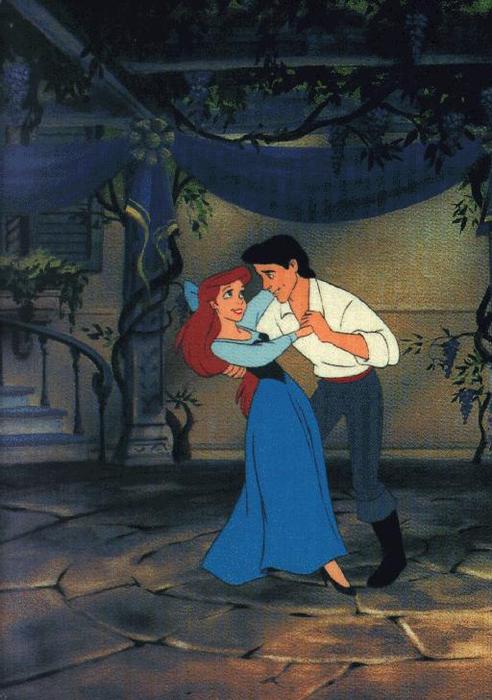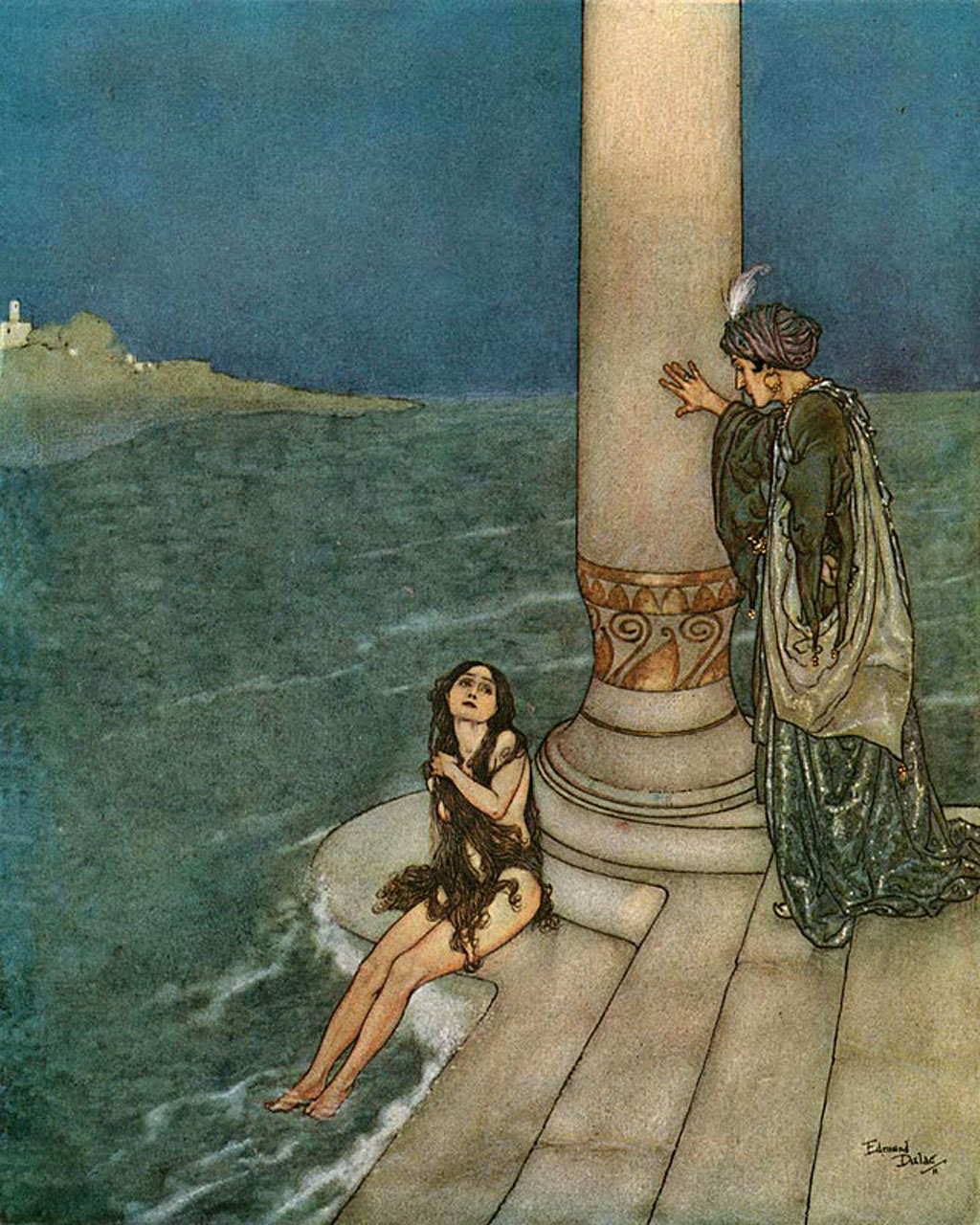Wowie Zowie, it’s been a hell of a week.
Today is Wednesday which means that I have officially been a PhD student for a week now. I have attended all of my classes at least once (though two out of three of those classes didn’t really count because they were based upon syllabus discussion and random talking rather than any pre-assigned readings). I have done a week’s worth of homework. I have signed up for oral reports. I have managed to keep on top of everything (as of just now, in fact, I am perched daintily atop my workload having completed all required reading and assignments for this week… though I have class in two hours which will mean that the reading mountain slides back down upon my head once more).
During the first class of my PhD career (the requisite course in research methodologies which occurred on Wednesday last – the professor wore a tweed suit and a bowtie by the by which means that my faith in the academy may be maintained), we went around the room introducing ourselves and our research interests. This is thrilling in its own right because, for the first time in my academic career, I was sitting in a room full of (get this)

Sigh. Julie Taymor, I loved you once...
theatre people who weren’t my students! Everyone is bombastic! Everyone has a sense of humor! Everyone can talk about Julie Taymor and her travesty of a Broadway show with some dexterity! They understand my pain!
Due to sheer dumb luck, I was the last person to speak and introduce myself. Programs like to have a broad range of research interests and so admit individuals who will open that demographic nicely. As I understand it, my program’s resident Shakespearean just went ABD this year (having finished he coursework in the Spring) which leaves the mantle to me. After a table full of Russian theatre, queer studies, vaudeville, and sundry other theatre interests which merited lengthy explanation, I opened my mouth.
“Hi, I’m Danielle, and I’m a Shakespearean.”
The professor grinned impishly, looked askance at me, and said; “You’re a Shakespeare scholar? That’s like saying ‘I like books’!”.
We all laughed. He wasn’t wrong. I took a moment to feel slightly out of my element, and we plowed forward into discussing written assignments and term papers.
Panic erupted inside my head. Should I have stayed with an English department? Were my studies ill suited to a room full of dramatists? Everyone knows that theatre as we know it is indebted to Shakespeare and, thereby, any theatre historian/scholar worth her salt will know something about the Bard. Was there room for a Shakespearean at the table? Was I doomed to be the bastion of information that everyone else knew anyway? A redundancy?
Well there was no helping it now. I may as well plow forward and feel out my research interests as I went. After all, I’m a first year. Nobody expects me to have a dissertation title yet (I hope).
Flash forward to the next day, my course in Adaptations. We began to discuss assignments, areas of interest, readings, and the professor made very clear that this course was open-ended and designed to be tailored by the individual to his unique area of interest. When we went around the room, we were each asked to name our favorite adaptation.
Adaptations? Of Shakespeare? I have to pick just one? I was awash in a sea of possibilities. Luxuriating in the ability to pull any number of things out of my hat; movies, musicals, other stage plays, comic books, video games…
As I glanced around the room and began to se beads of sweat form upon the faces of the

Guess my favorite Shakespeare Adaptation
resident Vaudeville scholar and our Wilde expert next to him, I couldn’t help but think that life was pretty darn good on my side of the room. After all, I had Disney movies to talk about. I could list Shakespeare adaptations for a week and still not mention them all.
Maybe this gig wasn’t so bad.
Flash even further forward to Monday of this week. My History of Directing class. The history of directing, the professor explained, was really a history of modernism. Commence a discussion about modernism and the history of modern ideas (to which I had next to nothing to add but, ironically, was saved by my hard-won knowledge of Henry James thanks to a semester-long flagellation session last Spring). Feelings of insecurity began to re-arise. Was I not smart enough to do this? Did I know enough random information about information to be a true scholar? What was I even doing here? I took copious notes, but even that couldn’t distract myself from the silence emanating from my corner of the table.
However then, oh then, the Professor backed up. He backed up a lot. He backed up to the inception of theatre as we know it.
And everyone knows when that happened.
That happened with Shakespeare.
He began asking questions to which I knew the answers. He began talking about things that I had studied before. He began to have a conversation which I could be part of!
And the most miraculous thing? I was one of the few who could talk! My colleagues remained mostly quiet, listening, as silent as I had been earlier. Certainly there will be moments later in the semester when their special areas of interest will be discussed and I will return to being a post, but for now… I knew I could do this.
You see, Shakespeare is general. Shakespeare is everywhere. But far from being a weakness, that’s a strength. I have something to say about everything because Shakespeare is a part of everything.
I’m important. I matter. And I can totally add to a classroom environment. Oh and I’ll never be stuck for a paper topic because my research interest is applicable to well… everything ever.
Maybe it is like saying “I like books”, but when all else fails, nobody can say anything

always there. Even in a movie with a performance that's a spoof of another movie...
except that my Man Will is a vigilant angel; always waiting, always watching, always present.

 best and sacrilegious at worst. At the same time, we well and truly wondered if this whole “marry a prince” thing wasn’t even more of a sham in his case than usual. I mean, after all, Ariel is the most gullible and least savvy of all the Disney princesses. It would be pretty easy to convince her that one was a prince with some impressive architecture, a personalized statue, and a French chef.
best and sacrilegious at worst. At the same time, we well and truly wondered if this whole “marry a prince” thing wasn’t even more of a sham in his case than usual. I mean, after all, Ariel is the most gullible and least savvy of all the Disney princesses. It would be pretty easy to convince her that one was a prince with some impressive architecture, a personalized statue, and a French chef. But this doesn’t take into account the ending of the fairy tale. Yes, of course, in the Disney version everyone lives happily ever after blah blah blah. But if you read the Hans Christian Anderson tale, things conclude a little differently. In the original tale, the Little Mermaid becomes human because she is told that humans have souls and can thus live forever even after they die. Mermaids, on the other hand, disintegrate into sea foam upon death. The nameless Little Mermaid strives to become human so that she too may obtain eternal life instead of waft into watery nothings. She buys a potion from the Sea Witch which will give her legs and make her dance unlike any human has ever danced, but will also make her feel as though with each step she is treading upon swords. In addition, she may only become truly human by marrying the Prince and thus obtaining half of his soul. If she fails to do this, then the morning after the Prince marries someone else the mermaid will melt into sea foam anyway.
But this doesn’t take into account the ending of the fairy tale. Yes, of course, in the Disney version everyone lives happily ever after blah blah blah. But if you read the Hans Christian Anderson tale, things conclude a little differently. In the original tale, the Little Mermaid becomes human because she is told that humans have souls and can thus live forever even after they die. Mermaids, on the other hand, disintegrate into sea foam upon death. The nameless Little Mermaid strives to become human so that she too may obtain eternal life instead of waft into watery nothings. She buys a potion from the Sea Witch which will give her legs and make her dance unlike any human has ever danced, but will also make her feel as though with each step she is treading upon swords. In addition, she may only become truly human by marrying the Prince and thus obtaining half of his soul. If she fails to do this, then the morning after the Prince marries someone else the mermaid will melt into sea foam anyway.


